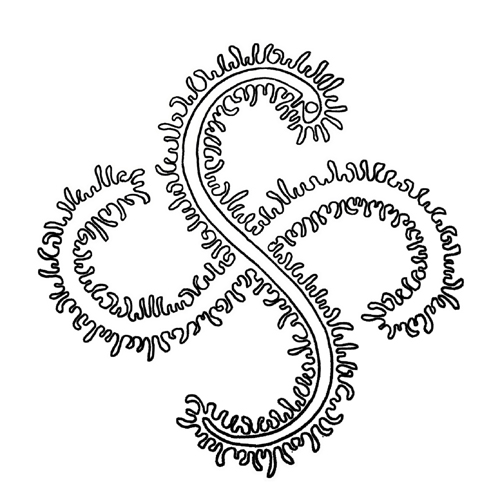Maju Arai on:
[Wikipedia]
[Google]
[Amazon]

 In
In

 In
In Basque mythology
The mythology of the ancient Basques largely did not survive the arrival of Christianity in the Basque Country between the 4th and 12th century AD. Most of what is known about elements of this original belief system is based on the analysis of ...
, (also , , , ) is the male half of a pre- Christian Basque
Basque may refer to:
* Basques, an ethnic group of Spain and France
* Basque language, their language
Places
* Basque Country (greater region), the homeland of the Basque people with parts in both Spain and France
* Basque Country (autonomous co ...
deity associated with storms and thunder. He is normally imagined as a dragon or serpent
Serpent or The Serpent may refer to:
* Snake, a carnivorous reptile of the suborder Serpentes
Mythology and religion
* Sea serpent, a monstrous ocean creature
* Serpent (symbolism), the snake in religious rites and mythological contexts
* Serp ...
. Unlike his female consort, , there are very few remaining legends about . The basic purpose of his existence is to periodically join with in the mountains to generate the storms.
In one myth seduces a Scottish princess in the village of Mundaka
Mundaka ( es, Mundaca) is a town and Municipalities of Spain, municipality located in the province of Biscay, in the autonomous community of Basque Country (autonomous community), Basque Country, northern Spain. On the coast, Mundaka is internation ...
to father the mythical first Lord of Biscay, '' Jaun Zuria''. This legend is believed to be a fabrication made to legitimize the Lordship of Biscay
Biscay (; eu, Bizkaia ; es, Vizcaya ) is a province of Spain and a historical territory of the Basque Country, heir of the ancient Lordship of Biscay, lying on the south shore of the eponymous bay. The capital and largest city is Bilbao.
B ...
as a separate state from Navarre, because there is no historical account of such a lord. Only the fact that the delegates of Mundaka were attributed with the formal privilege of being the first to vote in the (Parliament) of the province may look as unlikely indication of the partial veracity of this legend.
Etymology
The name is derived from (serpent) and (male), thus "male serpent". The suggestions of a formation based on (fire) and (flame), thus yielding "flame of fire" are considered folk etymology. , another name of the same deity, has two possible interpretations, either a + (former, "old serpent") or + ("high fire"). There is no likely etymology for the third name of this god, .Local legends on
* In Ataun he is said to have two homes: in the caves of and . He is said to have been witnessed crossing the sky in form of fire-sickle, what is considered presage of storms. In this area is also said that punishes the children that disobey their parents. * InAzkoitia
, population_note =
, population_density_km2 = auto
, blank_name_sec1 = Official language(s)
, blank_info_sec1 =
, timezone = CET
, utc_offset = +1
, timezone_DST = CEST
, u ...
is clearly identified with . He meets on Fridays (the day of the akelarre or sabbat
The Wheel of the Year is an annual cycle of seasonal festivals, observed by many modern pagans, consisting of the year's chief solar events (solstices and equinoxes) and the midpoints between them. While names for each festival vary among dive ...
), conceiving then the storms.
* In Betelu
Betelu is a town and municipality located in the province and autonomous community of Navarre, northern Spain
, image_flag = Bandera de España.svg
, image_coat = Escudo de España (mazonado).svg
, national_motto ...
is known as and considered a demon. There they say that he travels through the sky in the shape of a fireball, between the mountains Balerdi and Elortalde.
See also
* Herensuge (Basque dragon)References
* {{cite book , last=Dueso , first=José , title=La primitiva religión de los vascos , language=es , trans-title=The primitive religion of the Basques , publisher=Orain S.A. , date=1996 , isbn=84-89077-56-8 Basque mythology Basque and Iberian deities Sky and weather gods Thunder gods European dragons Basque legendary creatures